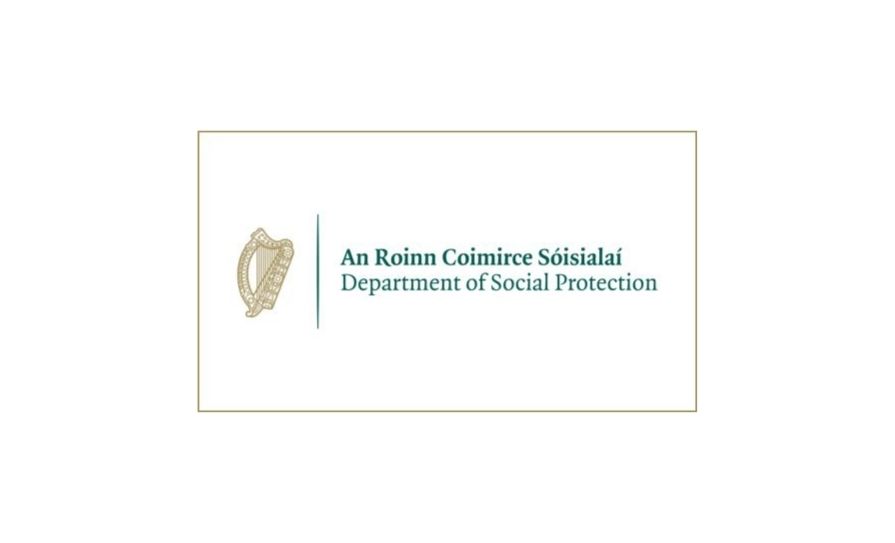The RCPI Institute of Obstetricians and Gynaecologists (IOG) has highlighted “increasing attrition” in its basic specialist training (BST) programme due to working conditions and mounting litigation risks.
According to minutes of a spring service level agreement (SLA) review meeting between the IOG and HSE, the Institute noted “the increasing attrition at BST due to the working conditions and increasing pressure and litigation risks”.
An IOG spokesperson told the Medical Independent: “We have an average of three-to-five trainees drop out of BST every year and the reasons are usually to move to a GP scheme or other specialty, or for work/life balance reasons.”
Entry into higher specialist training (HST) is competitive and “because of this there is some attrition there”, stated the spokesperson. “There are a number of reasons why people don’t progress from BST to HST, including moving to other specialties, moving to another country, or non-EU candidates who do not get a place.
“As HST is competitive, the tracking from BST to HST is not always easy, as people may decide not to apply for HST and never report to the Institute why they have decided to do this.”
Ireland has 12.7 consultant obstetricians and gynaecologists per 1,000 births. The OECD average is 27.3 and Germany has 38, while the national maternity strategy identified a need for 100 extra consultant posts.
“The RCPI is currently working on a position paper on recruitment and retention that will explore some solutions to the current situation,” said the IOG’s spokesperson. “Some of those include better supports for those rotating, certainty about placements, and more flexible training.
“A clear barrier is the gap in pay parity that is leading to fully-trained doctors leaving Ireland or staying away after pursuing fellowships.”












Leave a Reply
You must be logged in to post a comment.